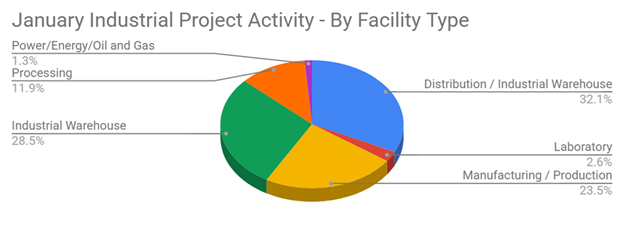
Doing business is much more than just turning a profit, it relies on the fundamental pillars of business. It demands a holistic approach, built upon fundamental principles that power sustainable growth, resilience, and impact. There are a few critical pillars of business that, when balanced, create a solid foundation for success. These pillars of business typically encompass a focus on people, clients, community, and the business itself.
1. The Employee Pillar
The first pillar, surrounding the concept of people, is a valuable asset to your business. It includes investing in your team’s / employee’s development and satisfaction. Their happiness equates to productivity. Provide useful training, mentorship, open communication, and positive leadership. A business that values its people experiences lower turnover, higher morale, and a competitive advantage.
2. The Client Pillar
The second pillar is about the client. The client is the center of business activity and revenue. Success in this pillar means more than just selling a product or service, but understanding client needs, consistently delivering exceptional value, and building strong, lasting relationships. Proactive communication, active listening, and a commitment to exceeding expectations makes for loyalty, encourages repeat business, and generates invaluable referrals. Businesses that prioritize client satisfaction often see organic growth fueled by word of mouth.
Industrial SalesLeads works with clients to build a sustainable flow of sales leads for their industrial business. We accomplish this in two ways. One, prospecting services, and Industrial Market Intelligence. These two services work to fill the sales funnel to positively affect the client pillar.
3. The Community Pillar
The third pillar, Community, highlights a business's responsibility to society. This pillar is about maintaining corporate social responsibility, ethical practices, and the environment. Contributing to the community not only enhances a company's reputation but also builds trust and loyalty among stakeholders, including employees, customers, and investors. Integrating sustainable practices and aligning with broader social values can differentiate a business in a competitive market and attract a socially conscious consumer base.
4. The Business Pillar
Lastly, the Business pillar surrounds business operations and strategy required for sustainability. This encompasses financial health, efficient processes, strategic planning, and effective leadership. It's about ensuring profitability, managing resources wisely, adapting to market changes, and continuously innovating to stay relevant. This pillar acts as the guiding force, ensuring that the investments in people, client relationships, and community engagement translate into viable and scalable operations.
Keeping Track by Using KPIs
To keep track of the pillars of business, it’s important to establish solid KPIs. For example, community KPIs might track sustainability efforts, and business KPIs can focus on financial performance and operational efficiency. After establishing your KPIs, make sure that each department understands how they can contribute to the overall business performance. Review and adjust these KPIs regularly.
Overall…
Achieving business excellence is an ongoing journey of balancing and strengthening these pillars of business. When all four are given proper attention, a business flourishes, generating a positive impact for all its stakeholders. Its impact can go further than just financial success. It can also encourage positive relationships and contribute to the community.
What to learn more? Get in Touch
Latest Posts
-

How Strategic B2B Marketing Supports Industrial Sales Success
-

Moving Beyond Volume: 3 Big Strategies for Developing Industrial Leads
-

January 2026 Surges with a 22% Increase in New Industrial Projects Erasing December’s Decline of 20%
-

Planned Industrial Construction Projects Start January 2026 Strong with an Increase of 3% from the Previous Month

